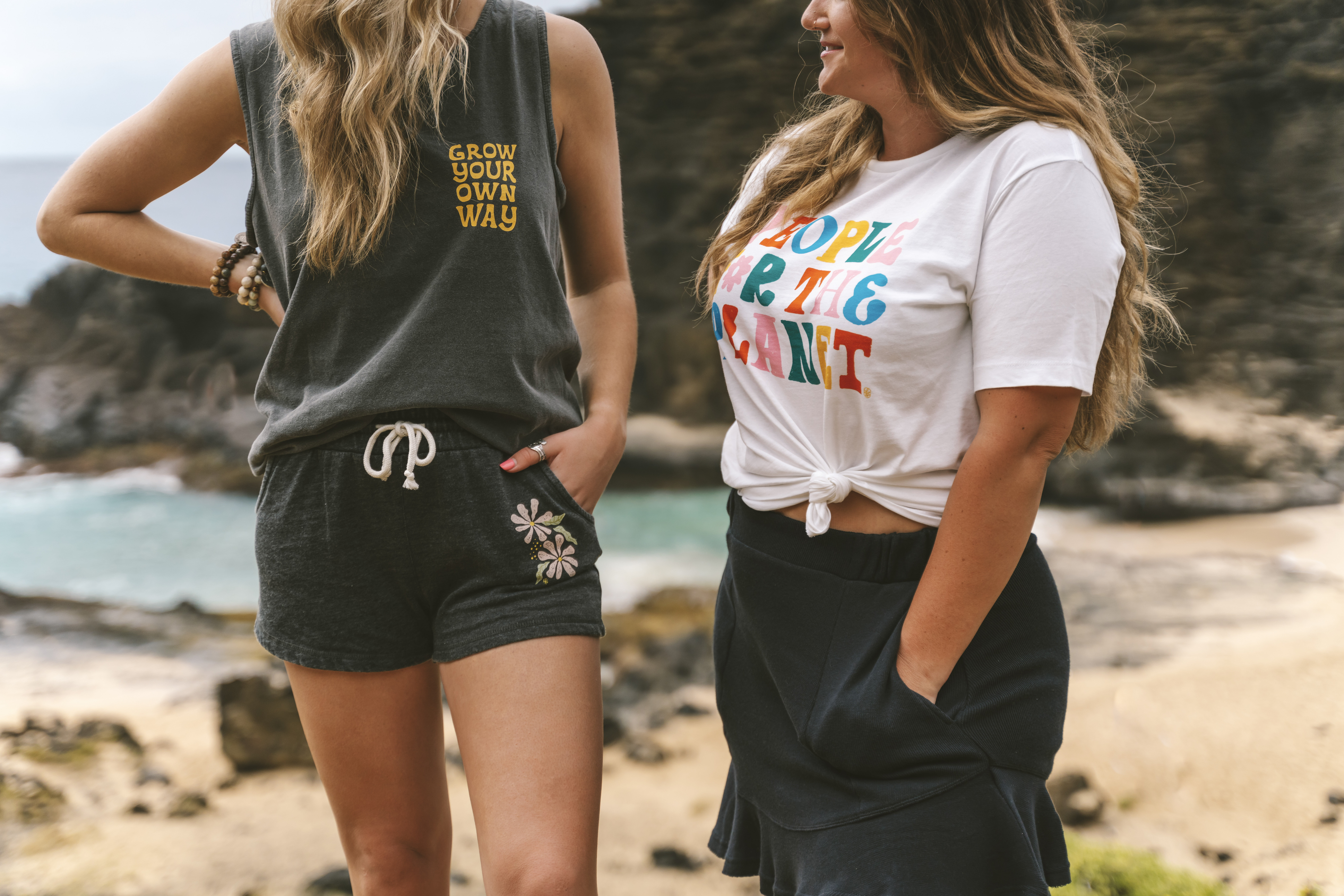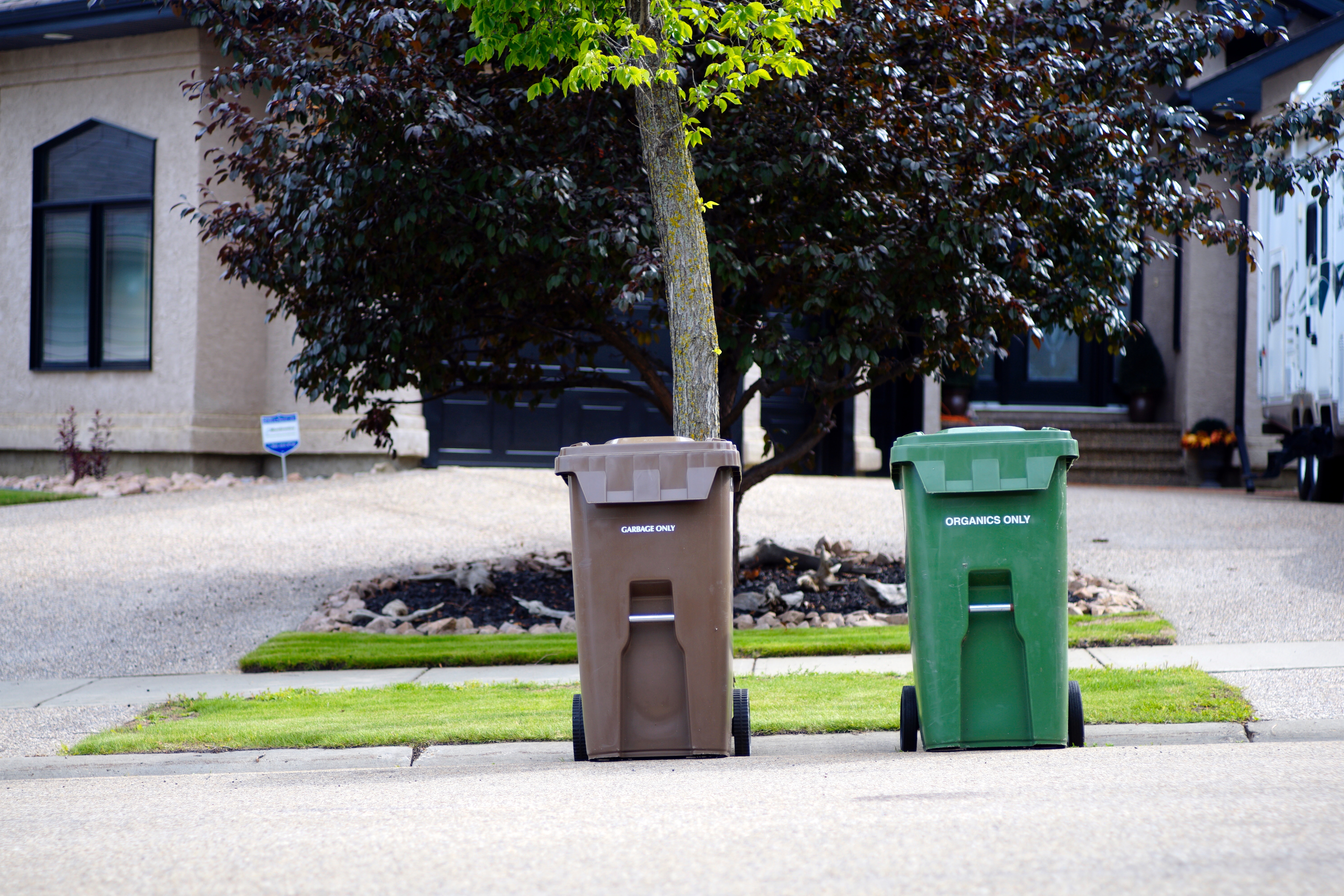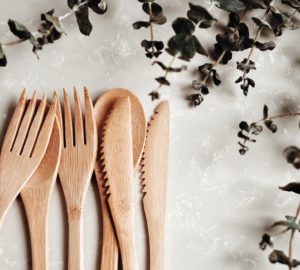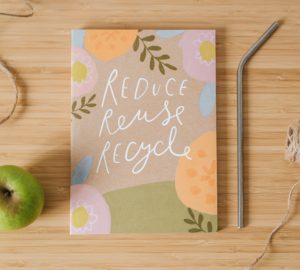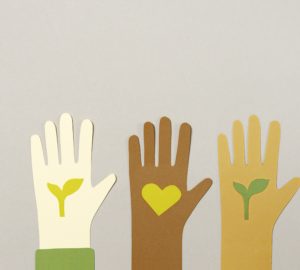Is your recycling actually ending up in the trash? What to watch for
Questioning “to recycle or not to recycle” can cause quite the conundrum. And unfortunately, sometimes we recycle thinking we’re doing the right thing, even though it’s actually causing more problems than perks.
Here’s why: mixing non-recyclable items with recyclable items can contaminate the entire trash load … and ultimately, send more trash to the landfill than necessary. In other words, putting the wrong item in the recycling bin can mess up the whole system.
Since the symbols and rules can be pretty confusing, here are some tips to keep in mind before you toss and trash.
Get to know your recyclables
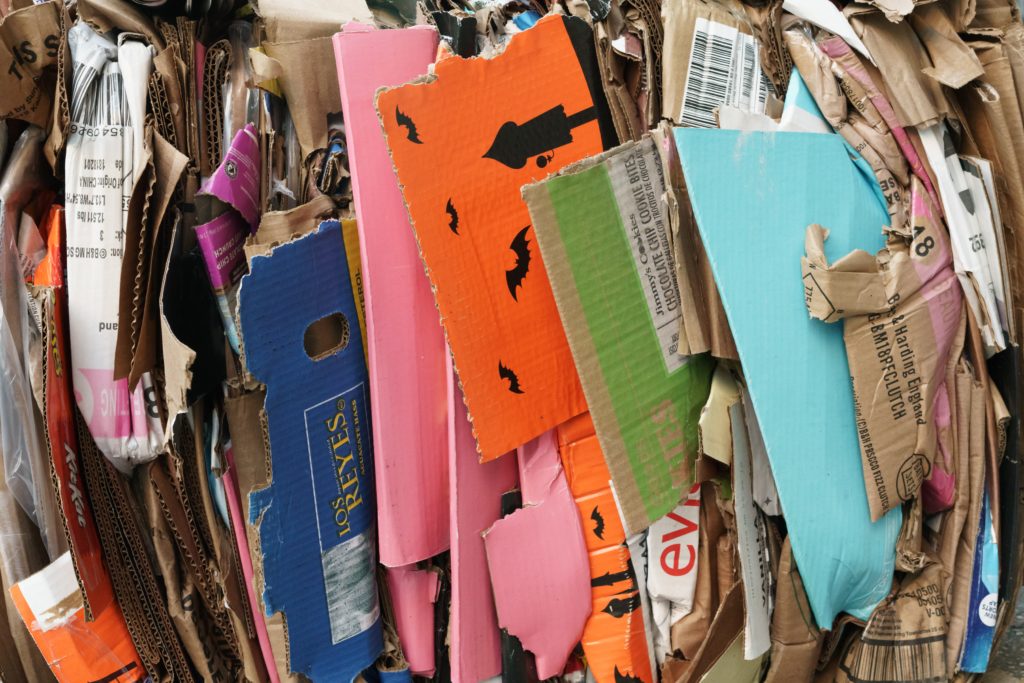
The good news first: lots of things are recyclable! Here’s a list of items that are usually recyclable. Of course, there are exceptions to every rule and things can change depending upon the trash facility/recycling program.
- Cardboard boxes
- Cereal boxes
- Junk mail
- Plastic bottles
- Glass jars
- Wine/ beer bottles
- Aluminum cans
- Wine corks
- Soup cans
- Plastic jugs
- Aluminum foil
Get to know things that can’t be put in the recycling bin
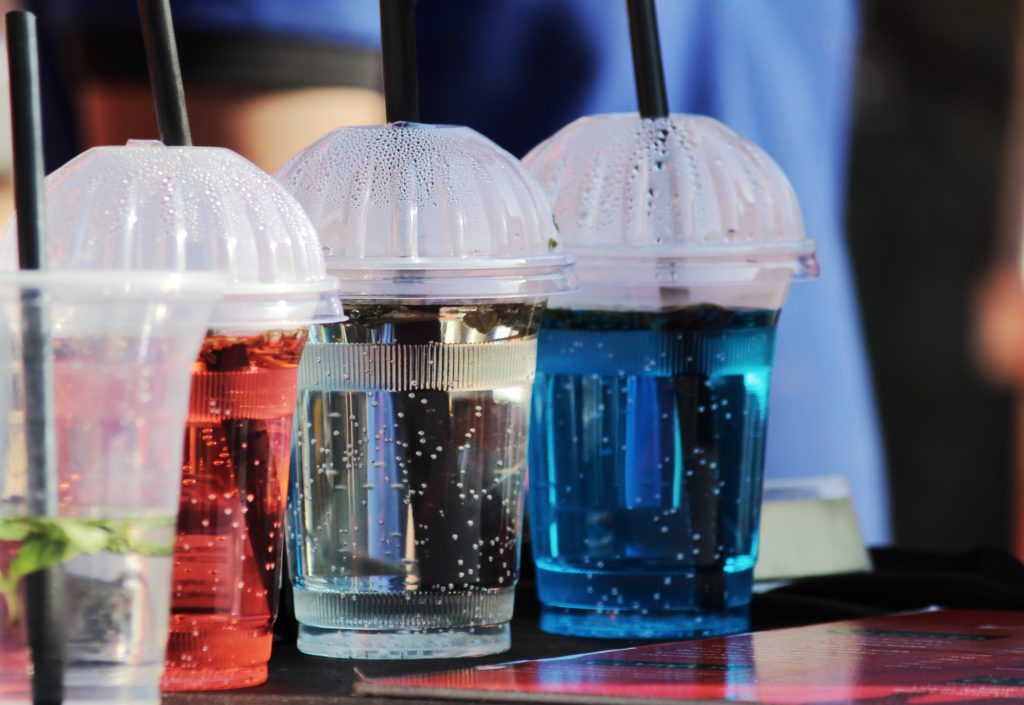
Ok, now the less good news. Here are things that can’t be recycled… even if we wish they could.
- Throw away coffee cups (they often contain a plastic lining to keep liquids safe)
- Greasy paper food containers
- Straws (they’re too lightweight and small to sort)
- Styrofoam
- Plastic bags
- Dirty diapers
- Animal waste
- Plastic red cups
- Paper towels
- Food waste
- Clothing
- Plastic cutlery
- Bubble wrap
Rinse recyclable items before you toss
The simple act of rinsing out recyclables before tossing them can be a game changer for the entire trash load. Wiping away oil or food residue can convert something from problematic to just fine in a matter of seconds.
Research rules and double check yourself
A quick Google search can work wonders in terms of clarifying rules and figuring out how to adjust your habits based on where you are. While one city may accept resealable sandwich bags, another may not.
And like most things, policies change with time. So it’s up to us to educate ourselves regularly.
Remember the other Rs — reducing and reusing
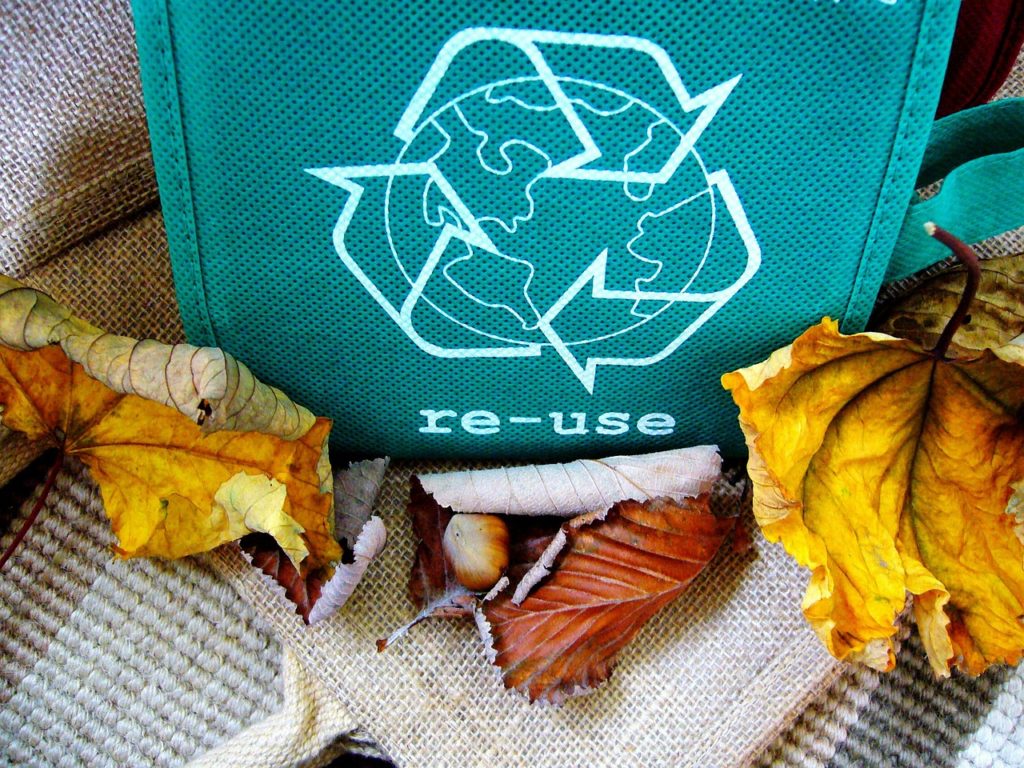
Recycling is an important part of an eco-friendly lifestyle, but reusing and reducing are not to be forgotten. Before you trash something, consider possible ways to reuse it. And the best way to avoid waste altogether is: buying less stuff to begin with!
Are you as obsessed with recycling safely as we are? Check out our other post Think You Know How To Recycle? Here Are 11 Ways You Can Do Even Better.
And here are other blog posts with more tips on how to make your life more eco-friendly:
- Back-to-school: the best eco-friendly dorm room finds for $20 or less
- 12 Cool eco-friendly school supplies that will make you actually want to go back to class
- How to make your commute more eco-friendly
- 7 Easy ways to make your bathroom more eco-friendly

